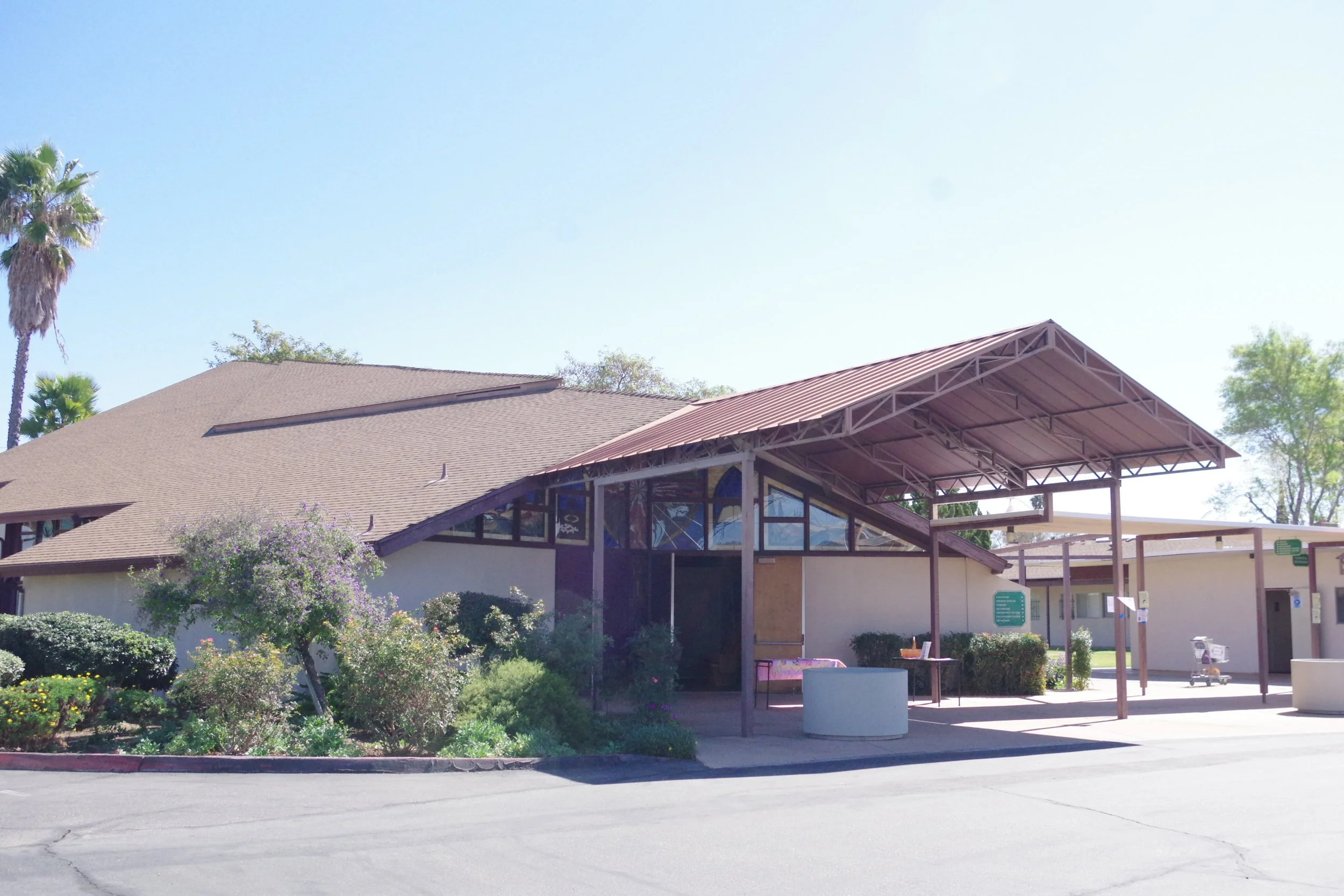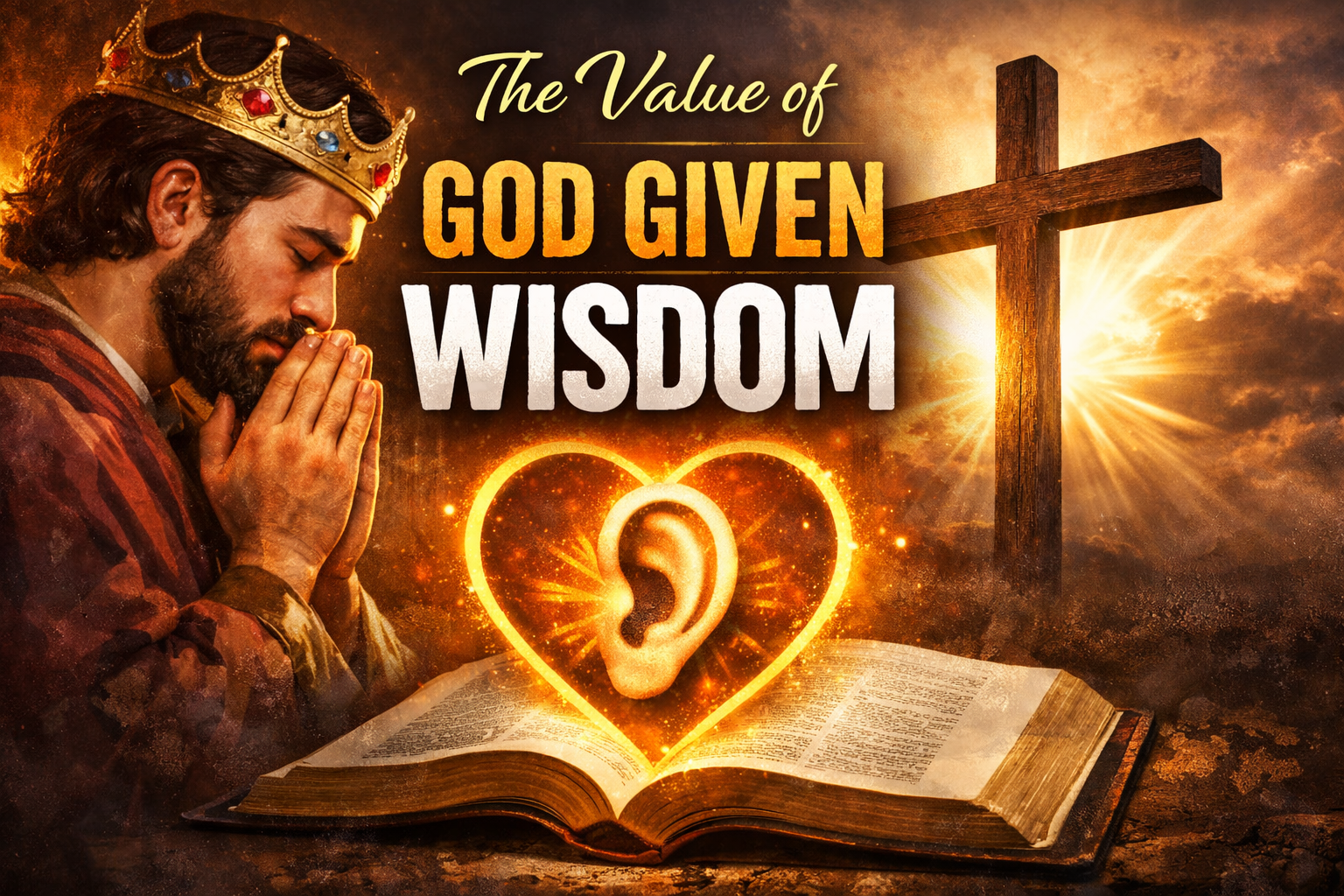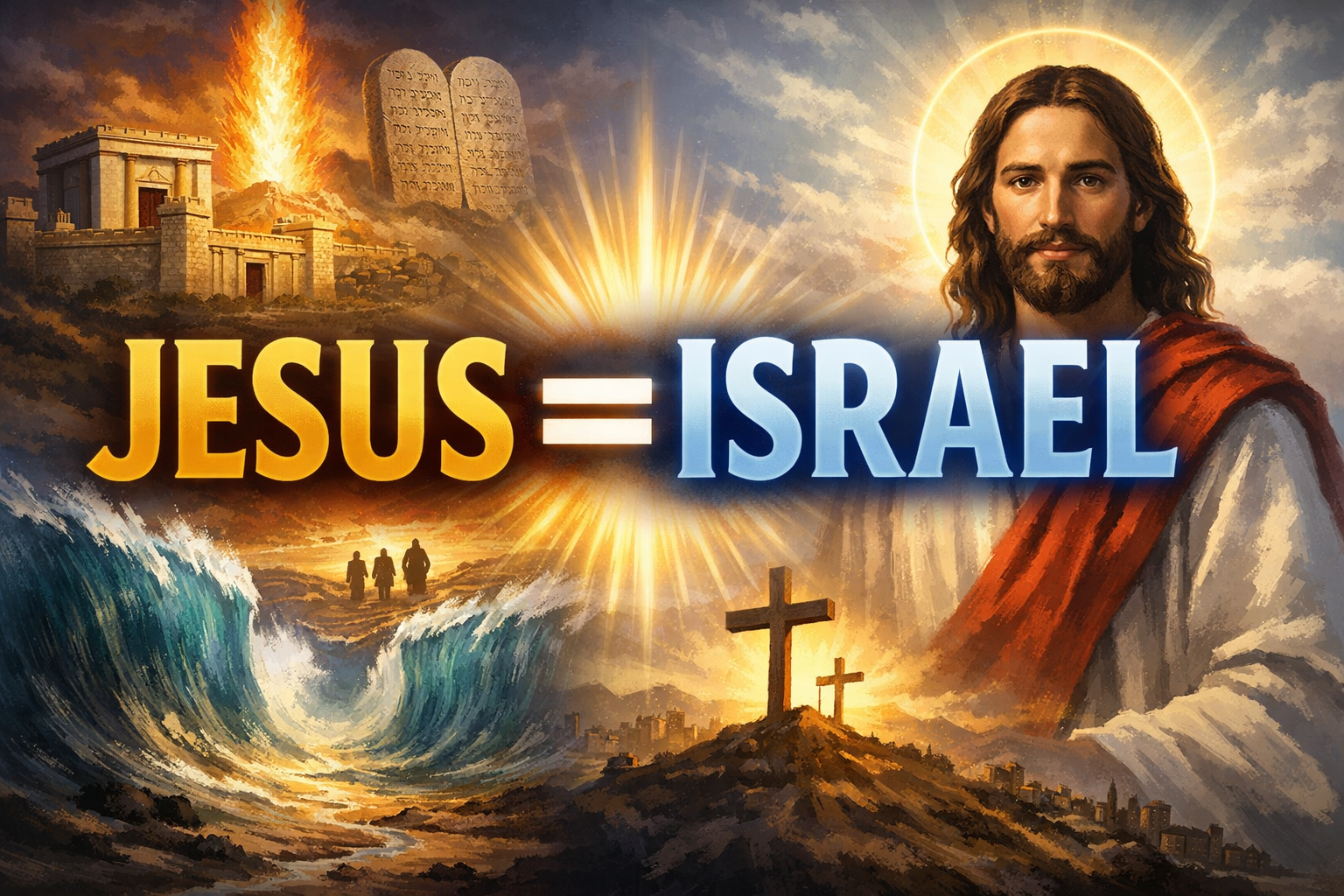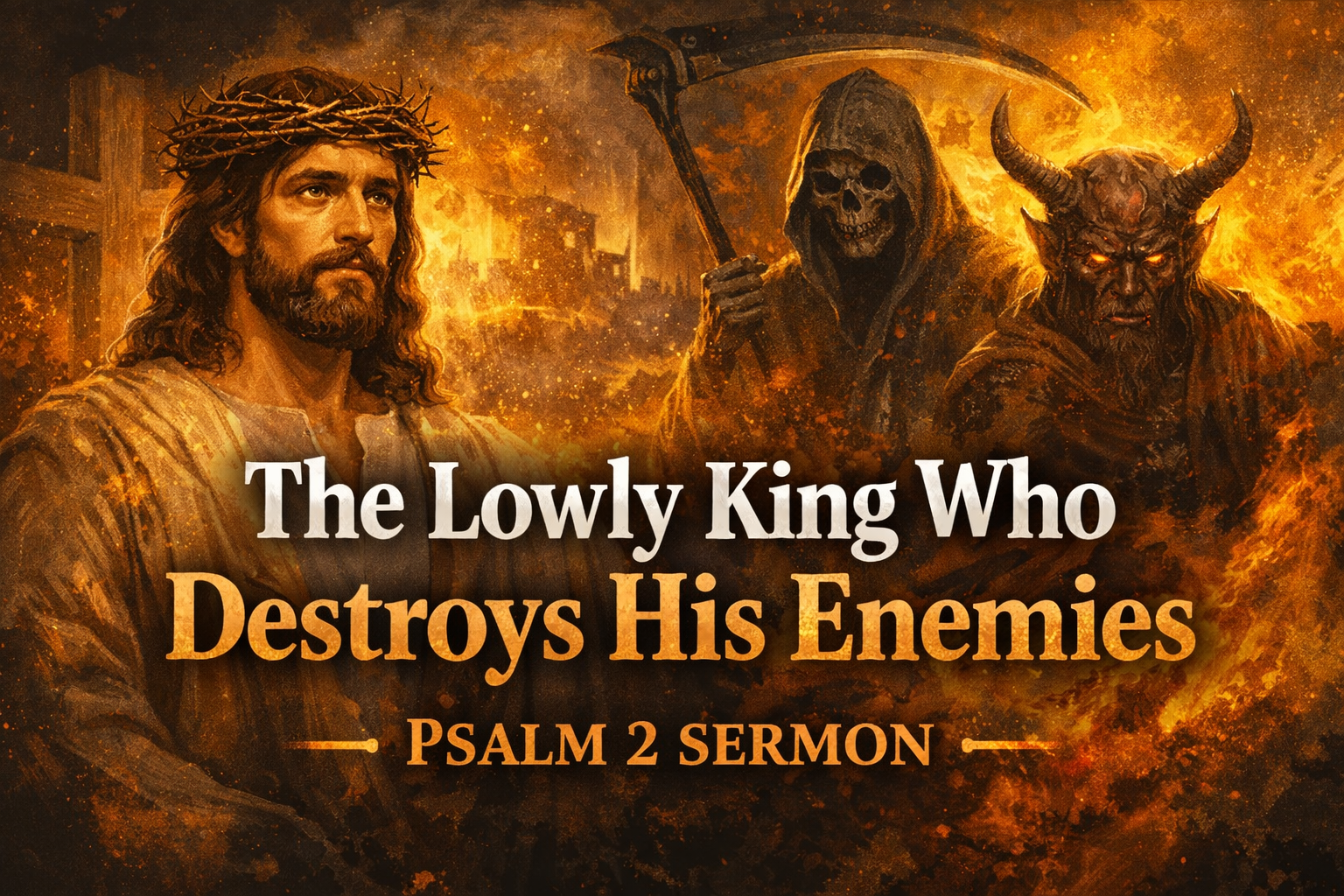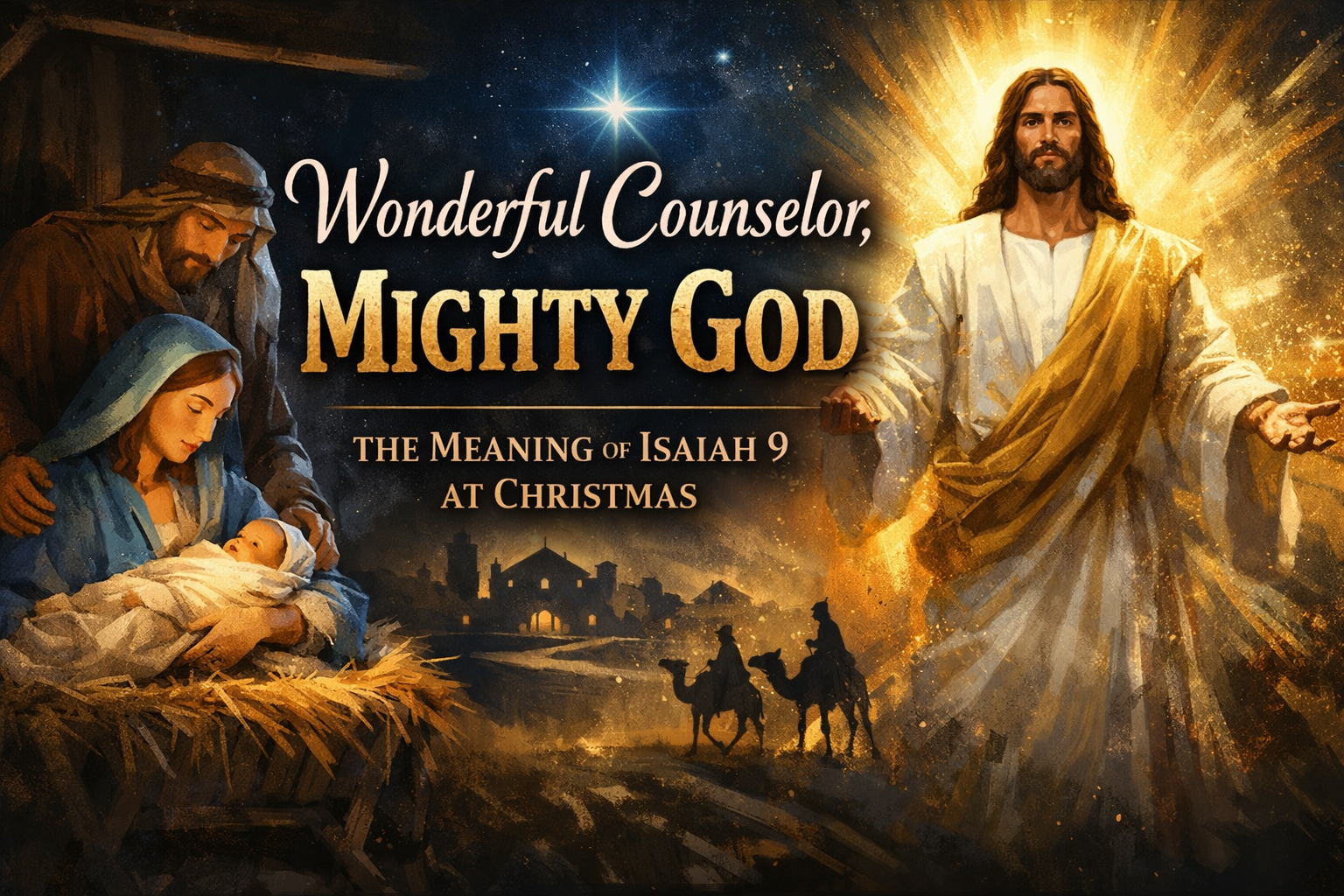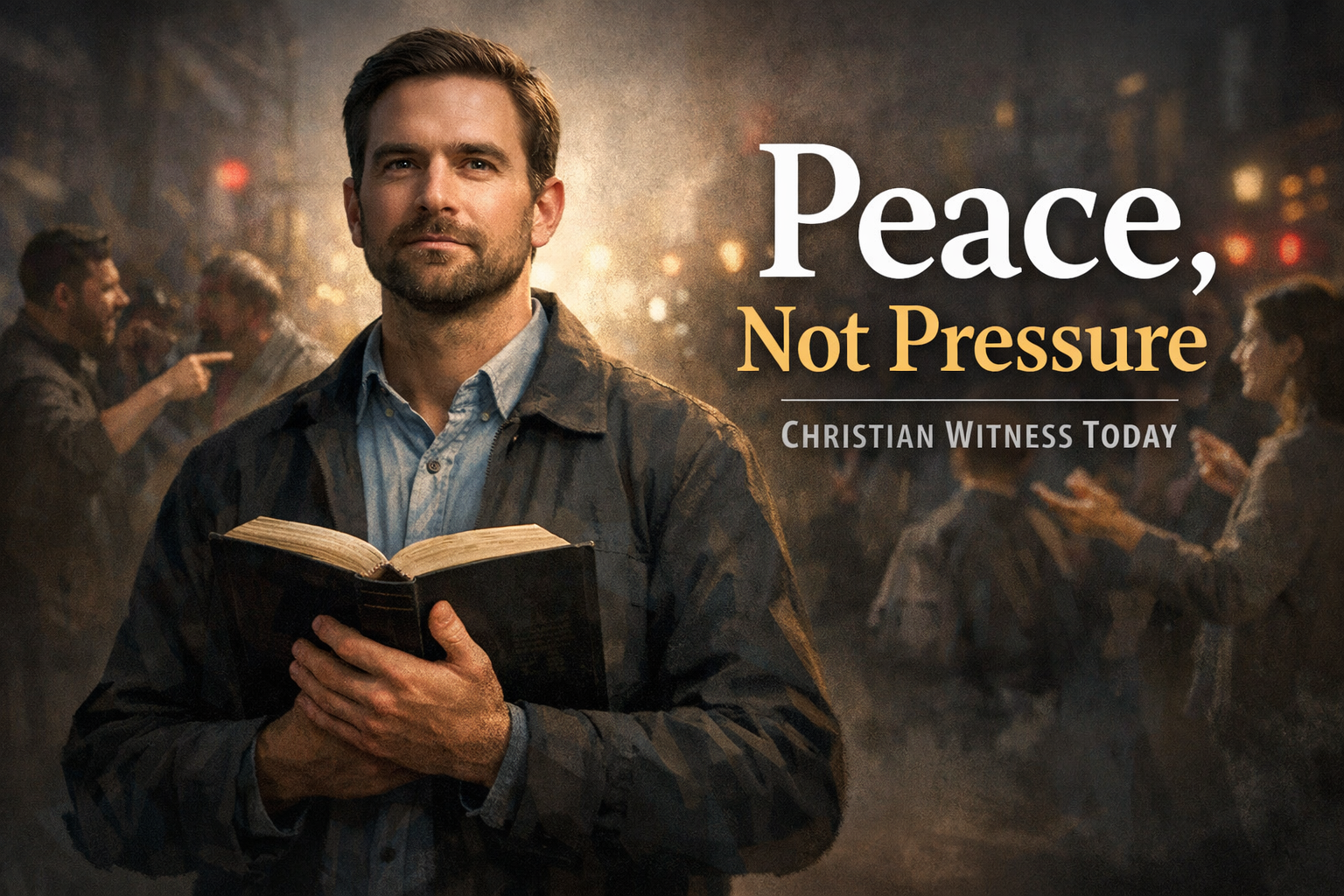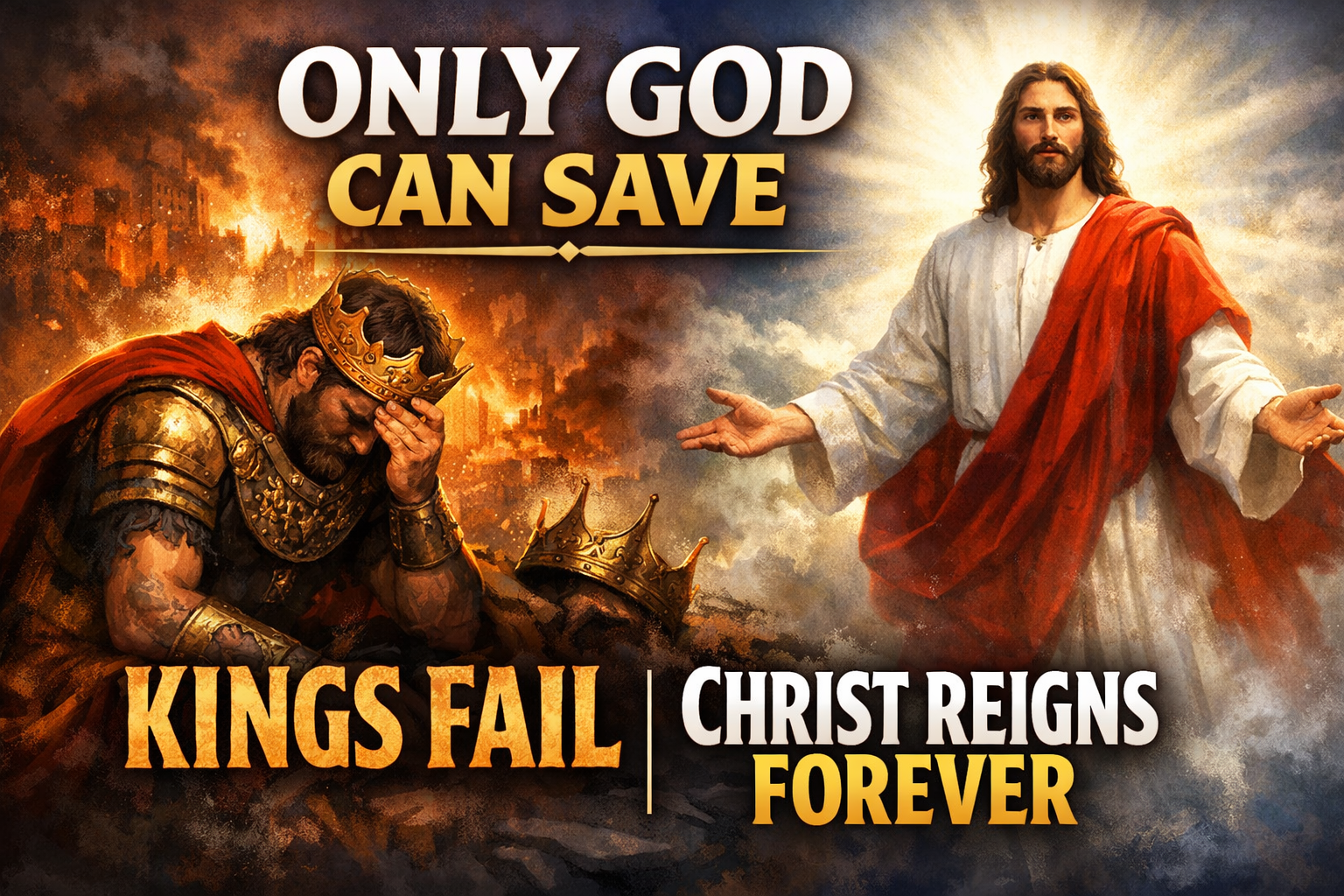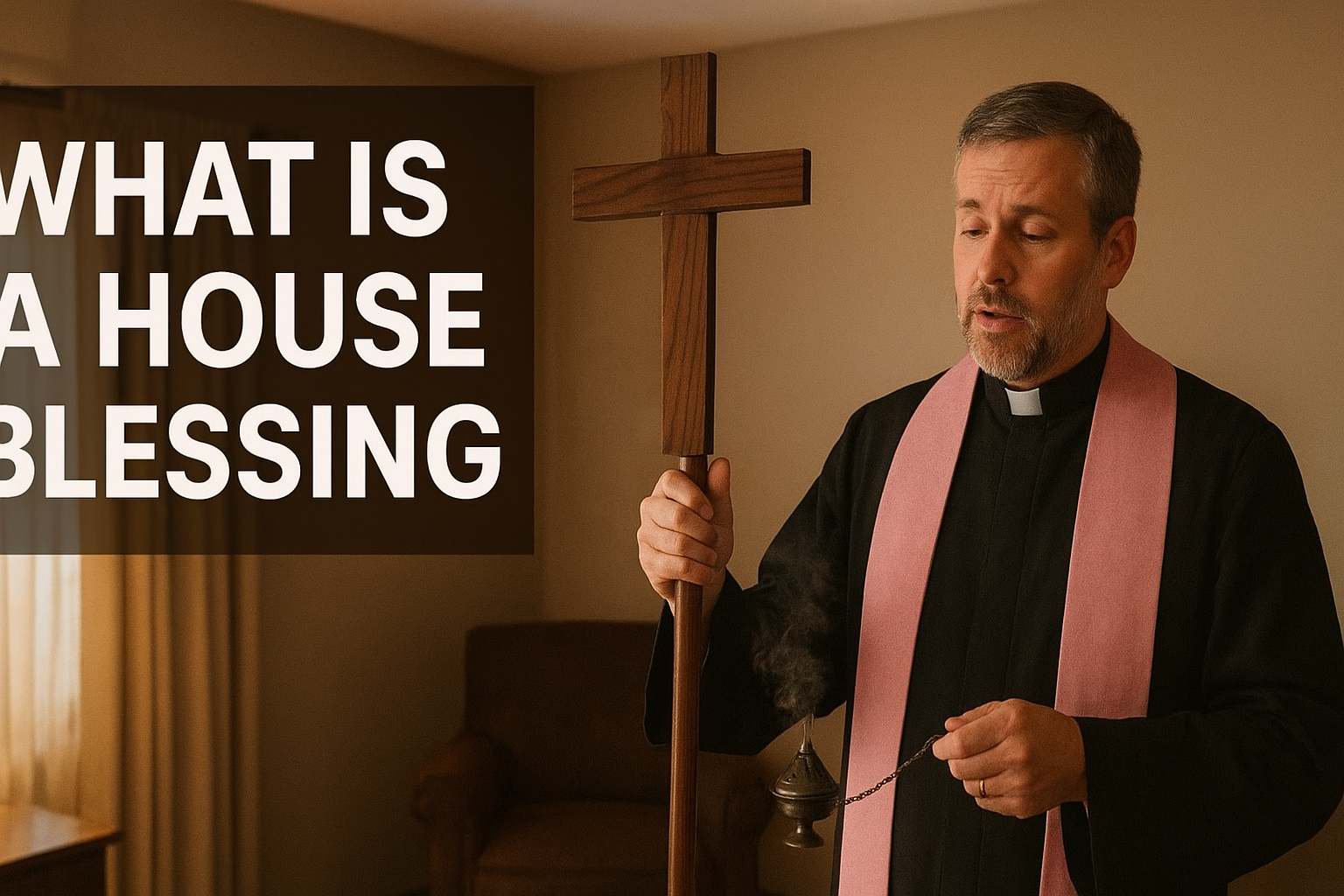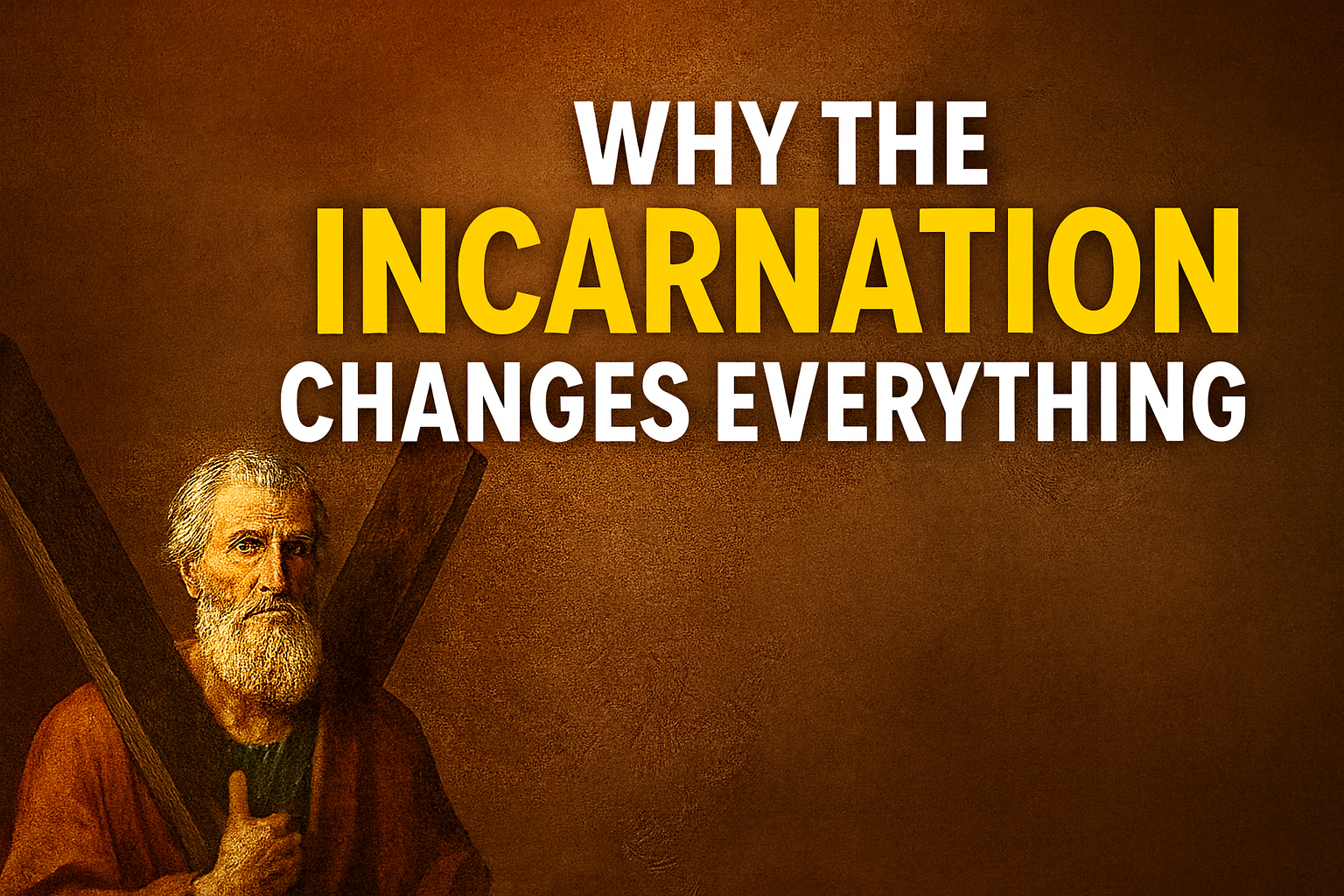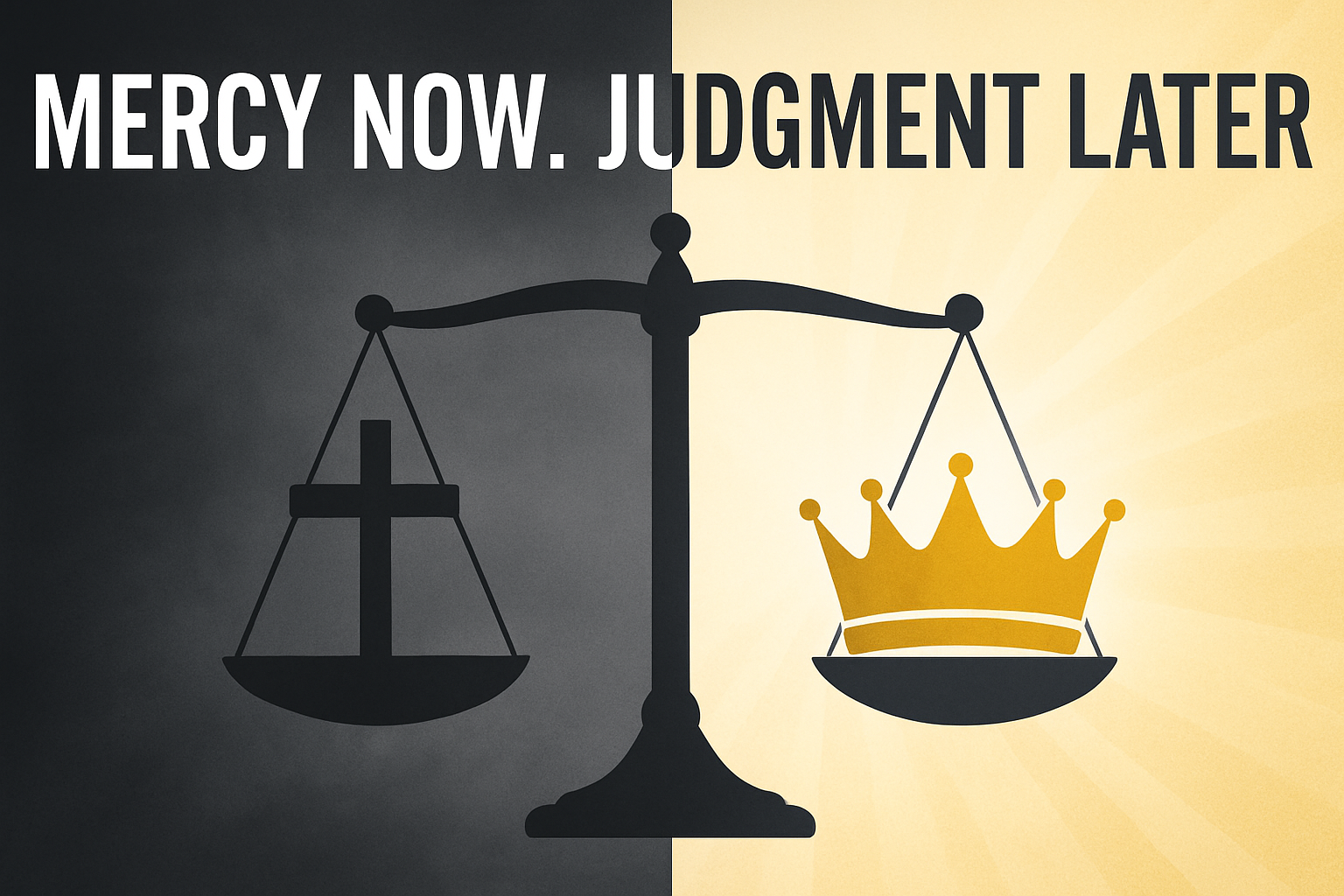Scripture Reading: 1 Kings 3:4-15
And the king went to Gibeon to sacrifice there, for that was the great high place. Solomon used to offer a thousand burnt offerings on that altar. At Gibeon the Lord appeared to Solomon in a dream by night, and God said, “Ask what I shall give you.” And Solomon said, “You have shown great and steadfast love to your servant David my father, because he walked before you in faithfulness, in righteousness, and in uprightness of heart toward you. And you have kept for him this great and steadfast love and have given him a son to sit on his throne this day. And now, O Lord my God, you have made your servant king in place of David my father, although I am but a little child. I do not know how to go out or come in. And your servant is in the midst of your people whom you have chosen, a great people, too many to be numbered or counted for multitude. Give your servant therefore an understanding mind to govern your people, that I may discern between good and evil, for who is able to govern this your great people?”
It pleased the Lord that Solomon had asked this. And God said to him, “Because you have asked this, and have not asked for yourself long life or riches or the life of your enemies, but have asked for yourself understanding to discern what is right, behold, I now do according to your word. Behold, I give you a wise and discerning mind, so that none like you has been before you and none like you shall arise after you. I give you also what you have not asked, both riches and honor, so that no other king shall compare with you, all your days. And if you will walk in my ways, keeping my statutes and my commandments, as your father David walked, then I will lengthen your days.”
And Solomon awoke, and behold, it was a dream. Then he came to Jerusalem and stood before the ark of the covenant of the Lord, and offered up burnt offerings and peace offerings, and made a feast for all his servants.
The True Value of God-Given Wisdom: Learning How to Ask Rightly
Preacher: Roland Rossmiller
Scripture: 1 Kings 3:5-12 (Solomon's Prayer for Wisdom)
Grace, mercy and peace be to you, from God our Father and from our Lord and Savior, Jesus Christ. Amen.
In our Old Testament reading today, God does something that almost sounds reckless. He appears to Solomon in a dream and asks, "What shall I give you?" God does not restrict the request or give Solomon guidelines on a safe answer. He simply says, "Ask."
Introduction: Not About Wish Fulfillment
This text is not about wish fulfillment or chasing dreams. It teaches something far more important: how God forms His servants so that they learn how to ask rightly. That is why the deeper question is not simply what Solomon will ask for, but whether he understands what he truly needs from God. And in that question, God is instructing us as well.
This text teaches us not only what wisdom is, but why God-given wisdom is more valuable than anything else we could ask for. God calls us to repent of self-reliance, to trust Him and His promises in Christ, and to ask for wisdom that listens to His word and serves the neighbor.
The Problem: We Don't Ask for True Wisdom
The problem is that we don't normally ask for what is true wisdom. Solomon's confession exposes something universal: every person eventually discovers the same truth—there are limits to our capacity.
Solomon begins not with confidence, but with a confession, acknowledging that he is young—not childish, but inexperienced. He stands before a task far greater than himself: governing God's covenant people. Human authority without divine wisdom is dangerous. Scripture repeatedly shows that leaders who trust themselves end up leading God's people astray.
The problem Solomon faces is not simply political inexperience. It is spiritual insufficiency.
Approaching God Through Repentance
Before his dream, Solomon goes to the town of Gibeon to offer sacrifices. Solomon approaches God not as a self-made ruler, but as a dependent worshiper. Sacrifice does not replace repentance, but it expresses it. A heart unwilling to be corrected cannot truly be wise. Wisdom requires humility, and humility grows only where repentance is alive.
When God invites Solomon to ask, Solomon does not rush to his desires. He begins by remembering who God is and what God has done already. He recounts God's steadfast love to David and remembers God's faithfulness across generations. Prayer that begins with remembrance learns how to ask rightly. Prayer that forgets God's mercy often reveals hearts that have already assumed they know what is right.
True Humility: "I Am Only a Little Child"
Solomon says of himself, "I am only a little child." This is not false humility or polite speech—it is a genuine confession of dependence on God. Wisdom begins where self-confidence ends.
We often confuse wisdom with certainty, control, and success. But Scripture teaches us that wisdom begins with the fear of the Lord, recognizing that we are creatures, not creators; servants, not masters. That is precisely why God's invitation to ask exposes how deeply we trust ourselves instead of Him.
Solomon's Request: A Listening Heart
Solomon frames his request within God's covenant promises. He remembers God's faithfulness to David and the earlier promise to Abraham that God would bless His people through His offspring. Standing within God's promise to bless His people, Solomon asks for an understanding mind to discern good and evil. He is literally asking for a listening heart. He wants the ability to hear rightly and to judge according to God's word.
True wisdom does not begin by speaking, deciding, or acting, but by listening to what God has already said. God responds by giving Solomon a wise and discerning heart. Solomon asked for capacity, and God gives him character. Wisdom begins not by asking what we want, but with trusting what God has promised.
Wisdom is not clever strategy or political calculation. Wisdom begins with hearing—hearing God's word, receiving instruction, and allowing God's truth to shape judgment. God-given wisdom is a heart trained by God's word to hear Him, trust His promises in Christ, and then act for the good of our neighbor.
God's Generous Response
The text tells us that Solomon's request pleased the Lord, not because Solomon impressed God, but because his request flowed from humility, repentance, and trust. When prayer aligns with God's will, it reveals that God's word has already been shaping the heart by grace.
God, of course, is not obligated to give wisdom. He gives it freely as a gift rather than a reward. We receive wisdom the same way Solomon did: through repentance and prayer, given by God through His Word and promise.
Along with wisdom, God gives Solomon what he did not ask for—riches, honor, and peace—showing that God's generosity always goes beyond our prayers. This is why Scripture treats wisdom not as an achievement, but as grace from God. Like forgiveness and life, wisdom is given, not earned, not deserved, not achieved through effort.
Two Kinds of Wisdom
The world defines wisdom by results: success, control, recognition. Worldly wisdom says, "Be strong, be certain, protect yourself, win." God's wisdom says, "Hear my word, repent, trust my promises, serve your neighbor, even when it costs you."
Christ: The True Wisdom of God
Despite his wisdom, Solomon will later fail, as shown in Scripture. And Scripture does not hide this. No human king can finally govern God's people rightly.
Jesus Christ does not merely possess wisdom—He is the wisdom of God, listening perfectly to the Father. He rules not by force, but by the cross. In Him, we see the true value of God-given wisdom: not success without suffering, but salvation through the cross. What appears foolish to the world becomes salvation. God chooses what is weak to shame the strong.
God still gives wisdom today, not through dreams at high places, but through Christ's word, proclaimed and given. We do not climb up to wisdom by hard work. God brings wisdom down to us in Christ, through the preaching, through Scripture, through the sacraments, and through His promises.
The cross is the clearest example: what appears to the world as weakness, failure, or loss is, in fact, God's wise and saving work. The wisdom of God does not avoid the cross. It works through it.
Conclusion: Learning How to Ask
God teaches us what to ask for by first giving us what we need. Wisdom begins not with asking what we want, but with trusting what God has promised. And in Christ, God gives more than wisdom. He gives Himself.
This is the true value of God-given wisdom: in Christ, God gives far more than we could ever deserve.
May the peace of God, which surpasses all understanding, guard your hearts and minds in Christ Jesus. Amen.
Find us on Youtube, Apple Podcasts, or Spotify.
